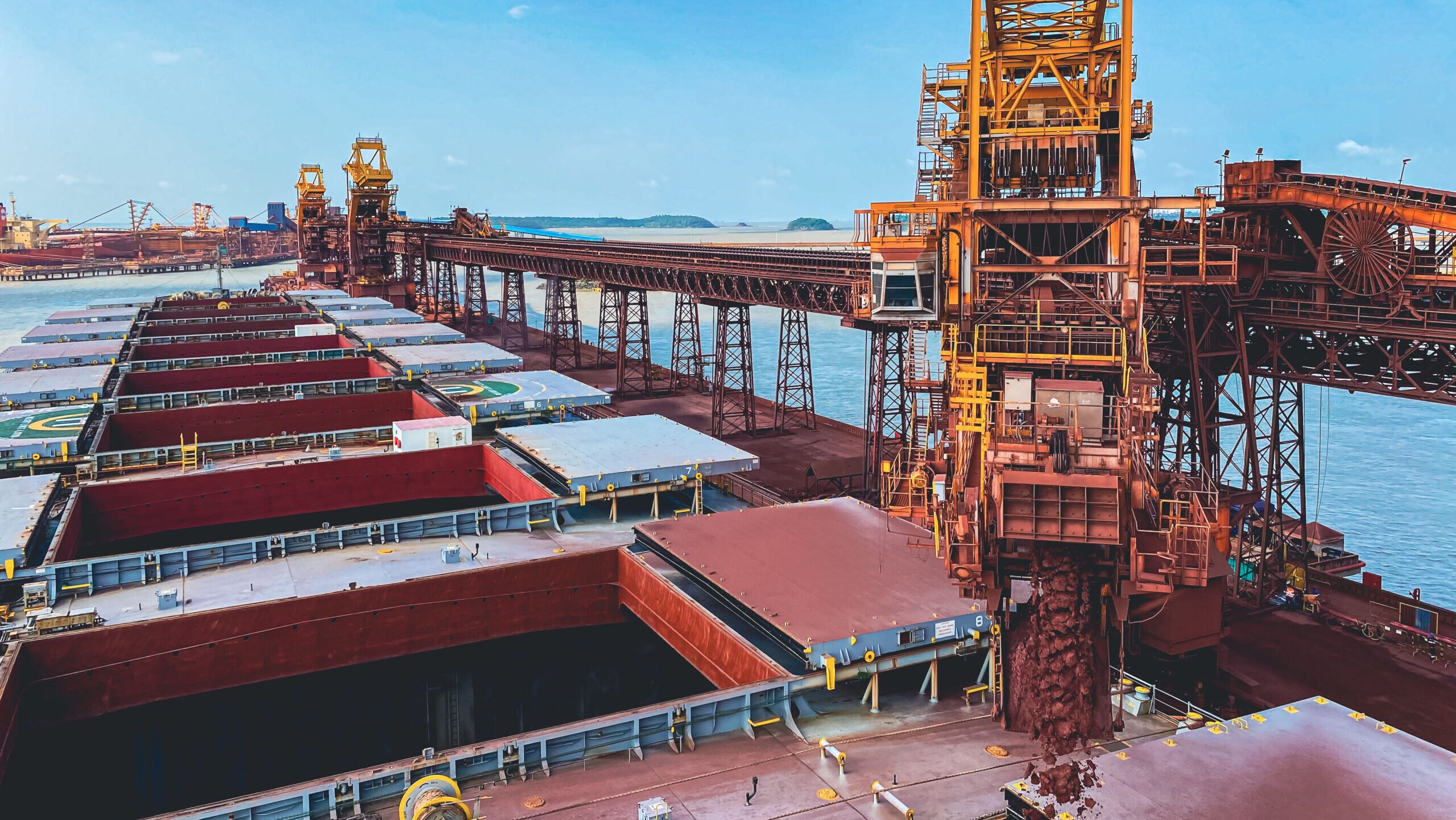Geopolitics has become a defining consideration in the landscape of critical minerals and their supply chains. We can trace that influence to a few key factors. Energy minerals are often found in substantial geographic concentration, and in jurisdictions that are politically fragile. (Church, 2020) This tends to focus interest and economics on these locales. The lack of strong political/judicial institutions make these jurisdictions prone to dealmaking that benefits those in power rather than the population as a whole. Foreigners who possess the funding, technology, and relationships with OEMs exploit the situation, win over those who are in control with favorable deals, keep them in control with payouts, and come to effectively dominate mineral exploitation of resources in the host country.
Global potential for deep sea mining: polymetallic nodules, cobalt-rich crusts, sulfide deep sea mining

Source: W. Yan, China’s deep-sea mining, a view from the top, China Dialoge Ocean. (2019). https://chinadialogueocean.net/10891-china-deep-sea-exploration-comra/.
China was early to see the strategic value in energy minerals, and made growing the country’s resource base a strategic industrial policy as early as the mid-1980s. China’s National Five Year Plan for the Rare Earth Minerals in 1986 made it a priority to “develop research and production of advanced rare-earth applications and new materials (e.g., permanent magnets and lasers) for domestic consumption and export.” (Senate Hearing, 2021) China’s early identification of the strategic value of these minerals allowed it to gain access to mineral deposits before others, and its willingness to cut corners politically and environmentally cemented its leadership position. Producing minerals with less regard for environmental damage is less expensive than mining while adhering to best practices for environmental protection. (Doomberg, 2023)
China further extended its supply chain dominance by investing in processing infrastructure to add value to its mineral resources. Combining its global mining feedstocks with processing investments, China has established effective dominance over many critical mineral supply chains.
That dominance confers a number of commercial, military, and political advantages to China. For instance, China is in position to take a dominant position in the global electric automobile market. That market is set for rapid growth due to government mandates that aim to decarbonize. When minerals are scarce, those that own the resource benefit. China will have access to the minerals that make the cars and the batteries that make the cars run. Other nations will have to wait in line behind China. We are already seeing evidence that China is taking share in Europe as it offers a car with better value. That value is tied directly to China’s advantaged mineral supply and the industry’s vertical integration. (ABC News, 2023)
Being dependent on any single country for most of our critical mineral needs is dangerous, but when that country is vying with us for global economic and military superiority, it becomes much more serious. Critical minerals go into just about every weapon system made in the US. They also go into many advanced medical technologies, semiconductors, electrical generation components, and of course, electric vehicle motors and batteries. China has shown a willingness to manipulate markets to make sure we do not gain a foothold in these critical minerals supply chains, and to restrict exports when it wants to influence the political decision making of its rivals.
China flooded the market with rare earth minerals in the 1990s as it sought to lower prices and put foreign producers out of business. The strategy worked and China effectively controls the rare earths market today. Periodically, China will threaten to cut off exports of rare earth minerals to meet a political objective. The strategy has extended to other critical minerals where the country has dominant share. In 2023 China stopped exporting gallium and germanium, which are used in semiconductor production, in response to US restrictions on the export of semiconductor and semiconductor equipment to the country. Also in 2023, China stopped exporting graphite, a form of carbon that is used in battery anodes. China produces almost one hundred percent of the graphite used in EV batteries.
China’s interests in critical minerals have brought it into closer ties with governments in Africa and Southeast Asia. Yet China’s involvement goes past critical minerals. The country helps these nations with financing and infrastructure construction as well. Creating these bonds makes it more difficult for the US to exert influence in these countries. China’s expanding influence in the Pacific was highlighted recently when the Solomon Islands signed a security pact with the country that could allow China to bring troops or even a Chinese military base to that country.
China’s dominance of the supply chain for batteries has triggered responses from the US. The Infrastructure Investment and Jobs Act and the Inflation Reduction Act specified increased loans, credits, and grants to promote the build out of a US or allied supply chain for electric vehicles and batteries. In particular, a consumer tax credit was put in place that is only allowed when a specified percentage of critical minerals in a battery come from US or free trade agreement partners. Another part of the tax credit package requires that a specified percentage of the battery components are sourced from North America.
The reality is that few electric vehicle brands qualify for the full tax credit put in place in 2023, and the requirements get stricter each year, requiring an even greater percentage of the battery and its minerals come from the US or free trade partners. (Swanson, 2023) Thus, the geopolitics of battery minerals is already making it difficult for consumers to find acceptable deals and purchase electric vehicles.
Nodules can provide an abundant source of low-impact battery minerals from friendly jurisdictions, and can reset the battery mineral supply chain dramatically in a manner that favors US interests. Extracting the resource can help further US national security interests and those of our allies, and can bring us closer to some of the countries in the Indo-Pacific region where China is competing for political influence.

